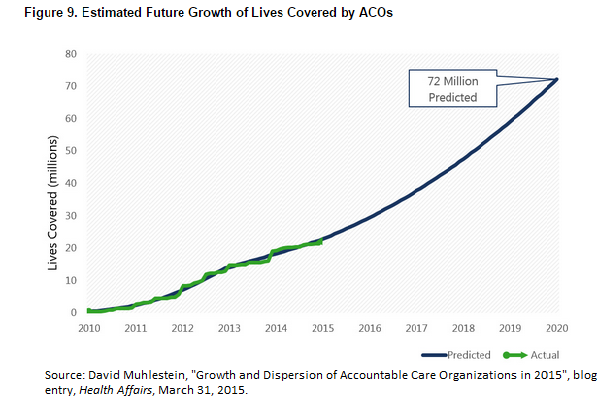 An eminent physician has tentatively proposed that published treatment guidelines be accompanied by dissenting expert opinions, much like the U.S. Supreme Court does. Daniel Musher, MD, of Baylor College of Medicine, served on the Advisory Committee on Immunization Practice of the Centers for Disease Control and Prevention, which considered guidelines for a dual vaccine approach for pneumococcal vaccination for adults.
An eminent physician has tentatively proposed that published treatment guidelines be accompanied by dissenting expert opinions, much like the U.S. Supreme Court does. Daniel Musher, MD, of Baylor College of Medicine, served on the Advisory Committee on Immunization Practice of the Centers for Disease Control and Prevention, which considered guidelines for a dual vaccine approach for pneumococcal vaccination for adults.
He disagreed strongly with the published recommendation, but was prevented from publishing his opinion alongside the recommendation. Dr. Musher believes the publishing of dissenting opinions is very valuable to the progress of knowledge:
As citizens of the United States, we are as much bound by a 5-4 decision of the High Court as a 9-0 vote (although closely passed decisions are more likely to be overturned in future cases).1 Similarly, as practitioners of medicine, until new guidelines are written, we are seriously constrained by, if not actually bound by, existing ones, without regard to the unanimity of opinion in the recommending committee. Nevertheless, there is much to gain from studying dissenting opinions, as was famously shown by the writings of Justices Holmes and Brandeis, many of whose minority opinions, in time, became the law of the land.2 I propose that the failure to publish differing or dissenting views in medical guidelines presents our profession with an inappropriately monolithic view—one that is studied as gospel by physicians-in-training and forced on practitioners by incorporation into a variety of performance measures.
Read More » »
 Many people believe Obamacare was a conspiracy, with asinine design features intended to cause the program to fail. The primary goal in the minds of conspiracy buffs’ was to usher in a single-payer program of Medicare for All once Obamacare collapsed under adverse selection. The theory goes something like this: with nowhere to turn except the government, Americans would finally throw up their hands and acquiesce to government intervention. Seniors purportedly all love their Medicare, so why not expand the program to cover even more people?
Many people believe Obamacare was a conspiracy, with asinine design features intended to cause the program to fail. The primary goal in the minds of conspiracy buffs’ was to usher in a single-payer program of Medicare for All once Obamacare collapsed under adverse selection. The theory goes something like this: with nowhere to turn except the government, Americans would finally throw up their hands and acquiesce to government intervention. Seniors purportedly all love their Medicare, so why not expand the program to cover even more people?







